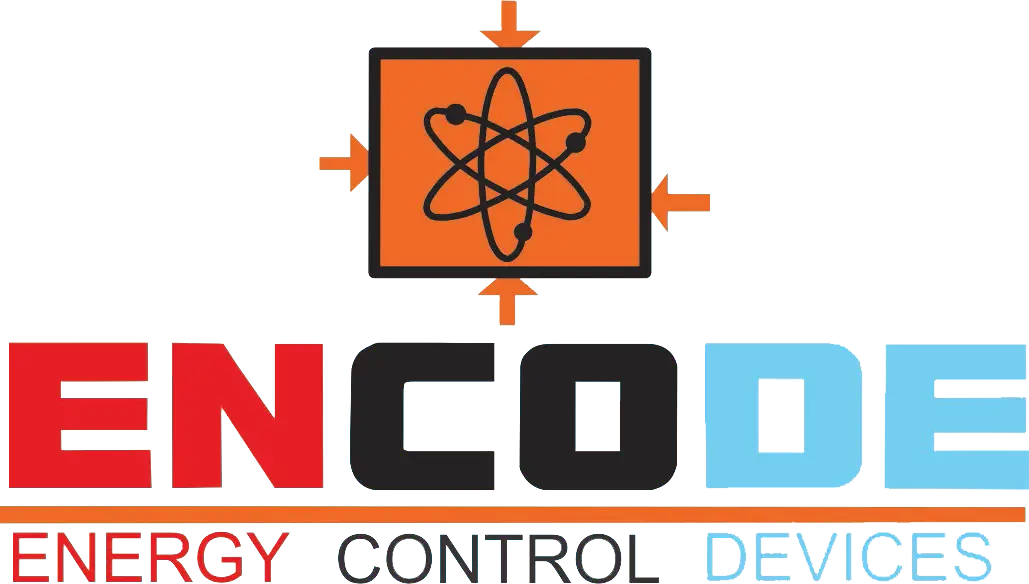When managing a commercial building, one of the most significant operational costs is energy consumption. Heating, ventilation, and air conditioning (HVAC) systems account for a large portion of these expenses. However, with the right commercial HVAC services, businesses can optimize their systems to cut costs and improve efficiency. Here’s how professional HVAC services help lower energy bills and increase savings.
Regular Maintenance and Tune-Ups for Energy Efficiency
HVAC systems lose efficiency over time due to wear and tear, clogged filters, and failing components. Regular maintenance—such as filter replacements, coil cleaning, and lubrication of moving parts—ensures that the system operates at peak efficiency. A well-maintained system requires less energy to maintain comfortable indoor temperatures, leading to noticeable cost savings. Scheduled HVAC maintenance can also extend the lifespan of equipment, reducing long-term replacement costs.
Additionally, professional technicians conduct system diagnostics, checking refrigerant levels, calibrating thermostats, and testing electrical components. These detailed evaluations ensure that potential issues are resolved before they lead to major inefficiencies or costly breakdowns. Investing in a routine maintenance plan is a proactive approach that saves businesses money and avoids unexpected repair expenses.
Smart Thermostats and Automated HVAC Controls
Upgrading to smart thermostats for commercial HVAC allows businesses to optimize heating and cooling schedules. Smart thermostats learn usage patterns and adjust temperatures accordingly, preventing energy waste during off-hours. Advanced building automation systems (BAS) integrate with HVAC units to monitor performance and dynamically adjust settings, further enhancing efficiency.
Incorporating zoning systems into HVAC controls enables businesses to customize temperature settings for different areas of the building. This prevents unnecessary heating or cooling of unoccupied spaces, leading to significant energy savings. By automating these adjustments, companies can lower energy consumption without compromising indoor comfort.
Investing in Energy-Efficient HVAC Equipment
Older HVAC units often operate inefficiently compared to modern, high-efficiency commercial HVAC systems. Upgrading to ENERGY STAR-certified equipment or systems with higher Seasonal Energy Efficiency Ratios (SEER) and Heating Seasonal Performance Factors (HSPF) can significantly lower energy consumption. While the upfront cost may be higher, the long-term savings on utility bills and potential tax incentives make these upgrades worthwhile. Explore our HVAC upgrade options.
Business owners can also consider variable refrigerant flow (VRF) systems, which provide enhanced climate control with minimal energy usage. VRF technology adjusts refrigerant flow based on real-time demand, reducing waste and optimizing efficiency. Implementing VRF systems can help large commercial buildings cut down on excessive energy consumption.
Enhancing Insulation and Sealing for Optimal Performance
An HVAC system can only do so much if a building lacks proper insulation and sealing. Commercial HVAC professionals can assess areas where energy is lost, such as duct leaks, poor insulation, or inefficient windows and doors. By addressing these issues, businesses can reduce strain on their HVAC systems, leading to lower energy usage and costs. Learn about our insulation services.
Proper air sealing techniques, such as caulking and weather-stripping, prevent air leaks that make HVAC systems work harder. Additionally, upgrading to high-performance insulation materials can improve heat retention during winter and reduce cooling loads in summer, further enhancing energy efficiency.
Optimizing Ventilation and Airflow for Better Efficiency
Poor ventilation and airflow imbalances can force HVAC systems to work harder than necessary. Professional HVAC airflow assessments ensure that conditioned air reaches all areas of the building efficiently. This not only improves comfort but also minimizes unnecessary energy consumption. Proper ventilation also improves indoor air quality, benefiting both employees and customers.
Implementing demand-controlled ventilation (DCV) is another strategy to optimize airflow. DCV systems adjust ventilation rates based on occupancy levels, reducing energy waste when fewer people are present in the building. By integrating DCV with an advanced HVAC system, businesses can maintain a healthy indoor environment while keeping energy costs low.
Preventative Maintenance Reduces Costly RepairsEmergency HVAC repairs are not only costly but also cause unexpected downtime that can impact business operations. Preventative HVAC maintenance helps detect and fix small issues before they escalate into expensive repairs. This proactive approach keeps energy costs predictable and prevents sudden spikes in utility bills due to failing components.
Many HVAC service providers offer preventative maintenance agreements (PMAs), which provide scheduled inspections and priority service at discounted rates. Enrolling in a PMA helps businesses keep their HVAC systems in top condition while reducing long-term operational expenses.
Leveraging Renewable and Alternative Energy Sources
Modern HVAC systems can integrate with renewable energy solutions such as solar panels or geothermal heat pumps. A professional commercial HVAC service provider can assess whether these options are viable for a commercial property, further reducing reliance on conventional energy sources and lowering overall utility expenses. Discover renewable HVAC options.
Geothermal systems, for instance, utilize the earth’s natural heat exchange capabilities to regulate building temperatures with minimal energy consumption. While installation costs may be higher, businesses can achieve substantial long-term savings by utilizing this sustainable HVAC solution.
Additional Strategies for Lowering Energy Costs
Energy Audits: Conducting regular energy audits helps identify inefficiencies and areas for improvement. Professionals assess energy use patterns and recommend solutions to enhance HVAC performance.
HVAC Load Calculations: Ensuring that HVAC systems are correctly sized for a building prevents overuse and unnecessary energy expenditures.
Regular Air Duct Cleaning: Clean air ducts improve airflow, reducing the system’s workload and enhancing efficiency.
Save More with Commercial HVAC Services
Investing in commercial HVAC services is not just about maintaining comfort—it’s a strategic move to reduce energy costs and improve system efficiency. From routine maintenance and system upgrades to advanced automation and energy-efficient practices, businesses can significantly lower their utility expenses while extending the lifespan of their HVAC equipment.
For businesses looking to maximize energy savings, partnering with a trusted commercial HVAC service provider, such as Encode Corporations, to ensures long-term cost reductions and optimal system performance. Contact us today to learn more about how we can help you improve energy efficiency in your commercial space.

